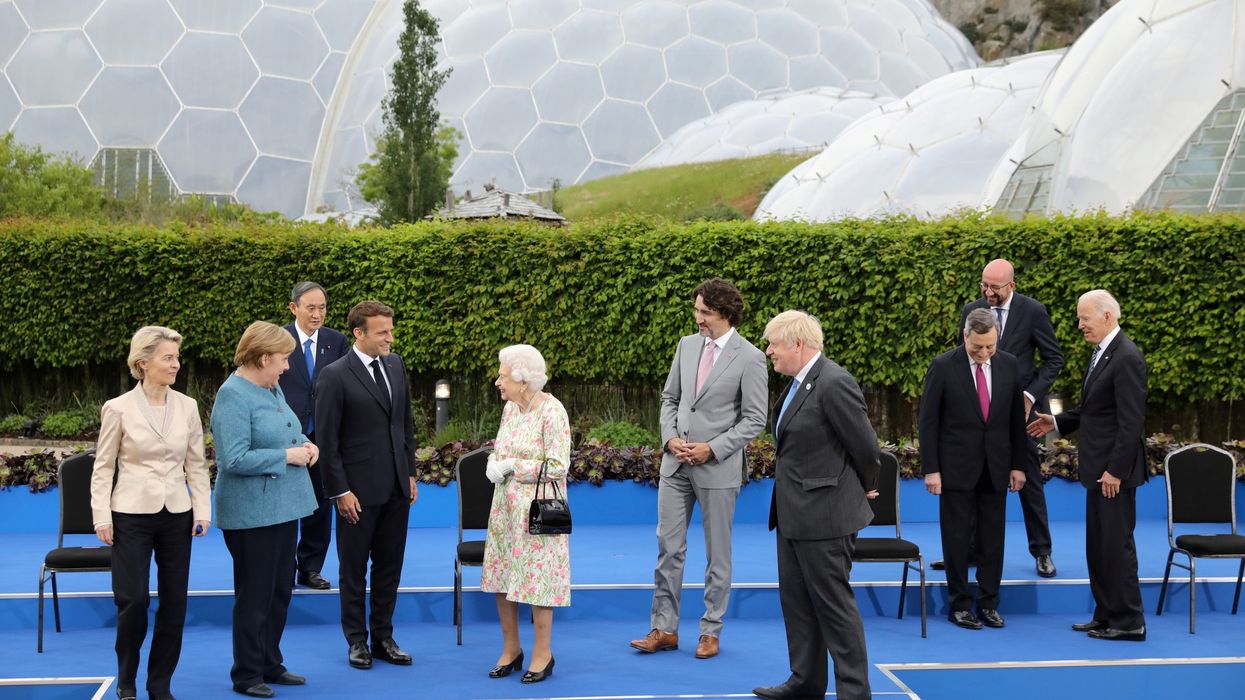AN increase in Covid-19 infections in Cornwall has raised concerns over tourism in the region during the summer weeks.
But Downing Street has denied the G7 summit behind the rise in cases.
The Guardian reports that case rates has spiked for Cornwall and the Isles of Scilly, increasing from 4.9 per 100,000 people on 3 June to 130.6 per 100,000 people on 16 June.
It added that outbreaks among students, people travelling to and from Cornwall is believed to have contributed to the rise in infections.
Carbis Bay – where the G7 summit was held – as well as nearby St Ives, and Newquay West – where many delegates stayed, is now reporting significant outbreaks.
According to The Guardian report - caseload is high in Ponsanooth, Mabe Burnthouse and Constantine - linked to an outbreak at the Penryn campus shared by Exeter and Falmouth universities.
Andrew George, the former Lib Dem MP for St Ives who is now a councillor in Cornwall, said the government has declined a request to publish its risk assessment for the summit.
“The correlation between G7 and the tsunami of Covid-19 caseload in St Ives/Carbis Bay and Falmouth is undeniable,” he told the Press Association.
“It ought to drive public bodies to at the very least maintain an open mind about the connection between the two. Those who were responsible for that decision and for the post-G7 summit Covid-19 case management and assessment should be held to account for their decisions and actions.”
On Monday (21), a spokesman for Boris Johnson denied a link between the summit and the rise in cases.
“We are confident that there were no cases of transmission to the local residents. All attendees were tested, everyone involved in the G7 work were also tested during their work on the summit,” he said. “We always said, following the move to step three, that we will see cases rising across the country. That is what we’re seeing playing out.”
However, there could be a possibility of those indirectly linked to the G7 summit such as police, hospitality venues, and a protest camp in St Ives could be the reason behind the spike.




